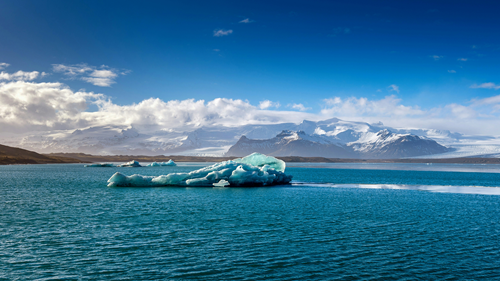The UN Climate Change Conference is just around the corner. But cracks are widening between the participating countries: trade wars and geopolitical rivalries are dampening the willingness to cooperate and thus to protect the climate. “In this situation, it is all the more important for people to take action themselves – for example, by investing in renewable energies“, comments Patrick Lemcke-Braselmann, Co-CEO of the aream Group.
On 10 November, the UN Climate Change Conference COP 30 will begin in the Brazilian rainforest. The global fight against climate change urgently needs to be revitalised – many countries have failed to meet their climate targets. At the same time, geopolitical tensions are growing, and the International Monetary Fund sees a ”loss of consensus.” More and more politicians believe that climate protection is hampering the competitiveness of their economies. ‘But the opposite is true,’ explains Lemcke-Braselmann. ”Unchecked climate change will cost billions in growth, while climate protection offers enormous opportunities.”
What can be done? ”On the one hand, social pressure must be increased on politicians to push ahead with the necessary climate protection measures, for example through the electrification of energy consumption, because that makes the most economic sense”, says Lemcke-Braselmann. On the other hand, each individual can examine how they can contribute to climate protection – through economical consumption, by switching energy sources or by investing in wind, solar energy or storage.
The German wind turbines in the aream portfolio benefited from strong winds in October, which resulted in very good yields. The target value was exceeded by just under 27 per cent. However, the year-to-date performance still reflects the slump in previous months: for the first ten months of the current year, the target value has been achieved by almost 86 per cent.
The solar plants in the aream portfolio suffered in October from the low number of hours of sunshine in combination with curtailments of around 70 MWh and slightly below-average performance. As a result, only 78 per cent of the target was achieved. In contrast, the plants in Spain delivered stable performance, and the number of curtailments declined. The target was almost achieved at 95 per cent. The conversion work on the Italian plants is now complete. ”All plants are back on the grid”, said Lemcke-Braselmann. Good performance despite weak irradiation values meant that the target was only narrowly missed at 97 per cent.
PRESSEKONTAKT:
Leandra Kiebach
T: +49 (0)211 30 20 60 4-2
E: lk@aream.de
